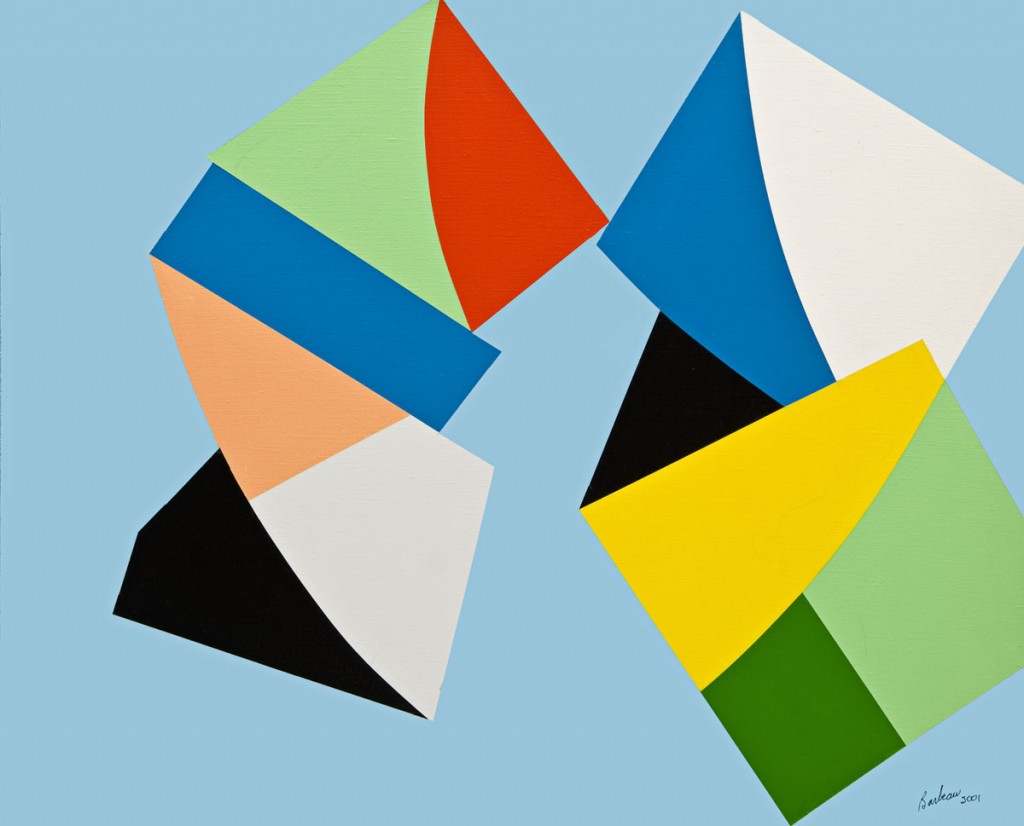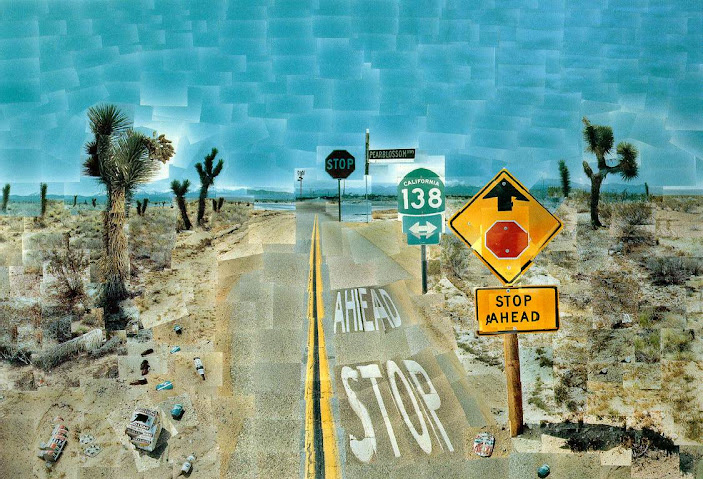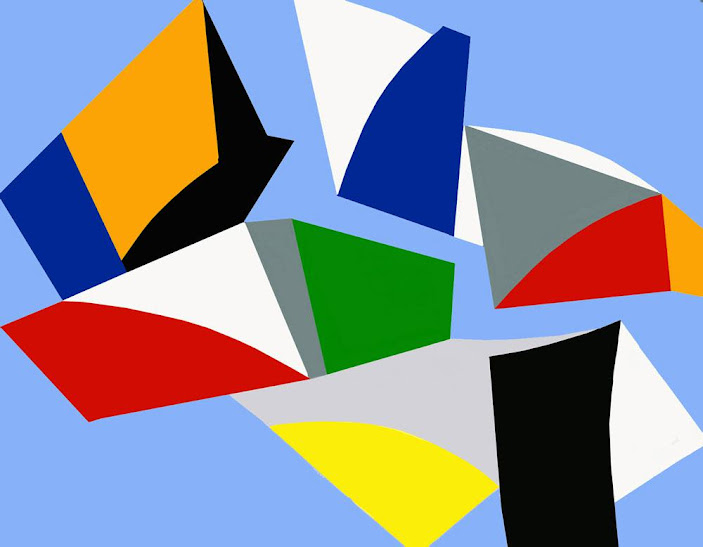One of the last living artists to sign a manifesto decrying the Catholic Church's hold on Quebec culture has died.
Marcel Barbeau, an influential painter and sculptor, died on Saturday, Jan. 2 at the age of 90, with a paintbrush in his hand.
Barbeau is known as a pioneer of abstract art in Canada and one of the early members of a group of Montreal artists who broke with tradition and the Catholic Church by signing onto the Refus global manifesto, which argued for greater freedom of expression and a more open education system.
The 1948 document was also signed by artists such as Paul-Emile Borduas, Jean-Paul Riopelle and Françoise Sullivan.
Sullivan was herself a dancer and painter at the time and is still painting today. She remembers Barbeau as a leader in the movement.
"He often shared a studio with Jean-Paul Riopelle and Jean-Paul Mousseau and they worked very hard towards this sort of painting that had never been done before and I think that Marcel really was the first to do an all-over painting," Sullivan said in an interview.
"It means that the image is not central with maybe a blank space around.
"This way of approaching painting was different. It was more instinctive. This is what the abstract expressionists in New York did, but it was done a few years after it was done here in Montreal."
According to Sullivan, the new painting style wasn't well received by their mentor, Borduas, but "Riopelle soon approached painting in the same way."
Watershed moment
Sullivan says the group was interested in opening up Quebec society to the world, which at the time was run by the heavy handed premier Maurice Duplessis. Schools were run by the Catholic Church.
"This was a social approach to life," Sullivan said of the group's philosophy.
"We thought that education was keeping us closed in and it should be opened up to the world. There were a lot of wrongs during the Duplessis period and we wanted to go over that and it says make place for love, for magic and for our natural instincts to be free."
Montreal Museum of Fine Arts curator Ann Grace says those early paintings by Barbeau were mostly destroyed by his mentor Borduas.
Barbeau described them as "Jackson Pollock-style paintings," which she said were in fact "quite revolutionary."
Barbeau and optical art
Grace says Barbeau's work is most significant in his early automatist period in the 1940s and then again when he turned to abstract optical art, often referred to as Op art, in the 1960s.
"He has an important contribution in the 1960s as an Op art artist where finally I think we can say that Montreal artists were really on the forefront of what was happening in the avant-garde art scene," she said.

Barbeau left Canada in the 60s and 70 and spent much of his life in Paris, New York and California, returning to Montreal in 2008.
His work is found in many collections in Canada, the U.S. and Europe.
He was made Officer of the Order of Canada in 1995 and received Quebec's highest recognition for an artist, the Prix Paul-Émile Borduas, in 2013 as well as the Governor General's Award in Visual Arts the same year.
Family ties
Barbeau's daughter, Manon, made a documentary about the children of the Refus global, Les enfants du refus global, criticizing the extent to which the artists abandoned their parental responsibilities in their devotion to their art.
But she says her father always kept in touch with her and as a teen she wrote often to him for advice.
Manon Barbeau says toward the end of his life her father suffered from Parkinson's disease and could no longer speak nor walk. But he continued to paint.
"His paintings were very colourful," she said.
"It was not the hard edge of some of his earlier paintings and he had an assistant who opened his paints for him. He even went to Omer des Serres in a wheelchair to buy new brushes recently."
Barbeau says she gave her father a paintbrush because he wanted to die with a paintbrush in his hand, like legend says was the case with Renoir and Chagall.
Marcel Barbeau's funeral will take place at the Cemetery on Mount Royal on Jan. 25.
Fuente: http://www.cbc.ca/news/canada/montreal/marcel-barbeau-abstract-expressionist-1.3388580




















No hay comentarios:
Publicar un comentario